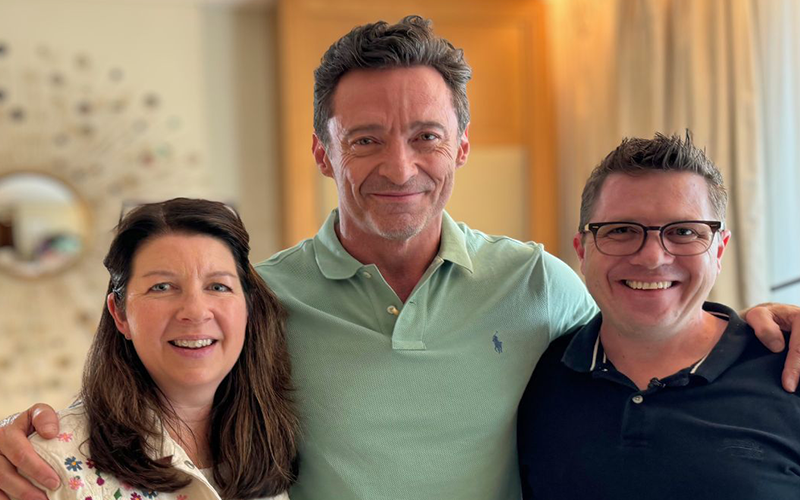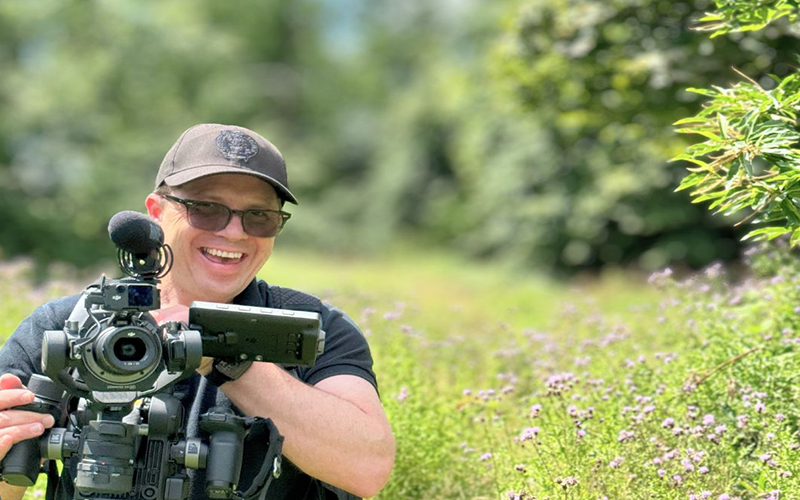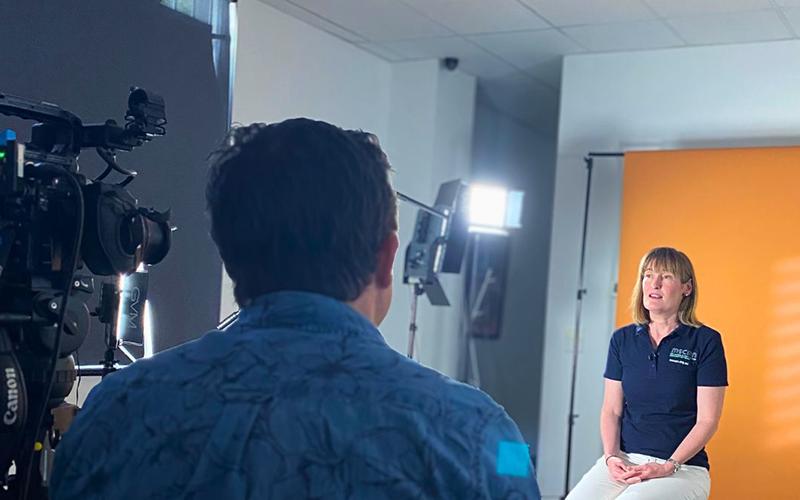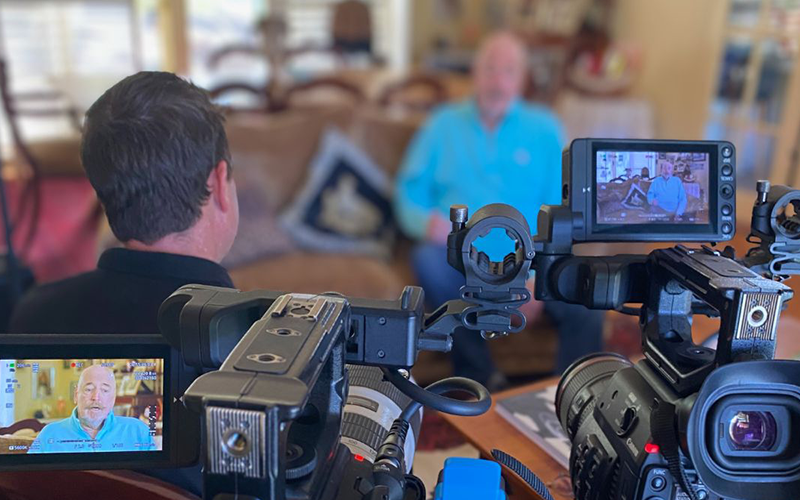Skin cancer is one of the most prevalent — and preventable — health crises facing both Australia and the United States today. Yet, despite numerous public health campaigns and growing awareness, the rates of diagnosis continue to rise. At the heart of a powerful new documentary series, Conquering Skin Cancer, filmmaker Mike Hill brings this issue into sharp focus.
We sat down with Mike Hill, Director of Conquering Skin Cancer, to discuss what drove him to create this impactful project, how it differs from traditional public health messaging, and why storytelling through film might be our most powerful weapon in the fight against skin cancer.
A Global Health Crisis That Hits Home
Mike Hill was inspired to create Conquering Skin Cancer after learning just how staggering the statistics were. “In Australia, two in three people will get skin cancer in their lifetime,” he shares. “More people die from skin cancer every year than on our roads.”
The numbers are equally concerning in the United States, where one in five Americans will face a skin cancer diagnosis in their lifetime. What concerned Hill most was the realisation that while we’re surrounded by awareness posters and sun-smart slogans, the human side of the story was missing.
Why Film? The Power of Storytelling
Australia is known for its proactive public health campaigns, particularly the well-known “Slip, Slop, Slap” initiative. But Hill argues that posters and ads only scratch the surface.
“With a feature documentary, we can go much deeper,” he explains. “We get to show the lived experience — what it really looks like when someone is affected by skin cancer. That level of emotional connection is what truly drives behaviour change.”
Hill doesn’t just want viewers to be informed. He wants them to act. This philosophy is what separates Conquering Skin Cancer from typical documentaries. It’s an “impact film” — a genre designed not just to educate, but to mobilise audiences.
Different Countries, Different Challenges
The documentary comes in both Australian and U.S. versions, tailored to reflect the unique cultural landscapes of each country.
“In Australia, we have this culture of being the ‘Bronzed Aussie,’” Hill says. “It’s a mindset that has made sun exposure seem normal — even desirable.” Meanwhile, in the United States, public health messaging is less pervasive, placing more responsibility on the individual to seek information and take action.
Each version of the film brings in local voices and perspectives to make the message resonate in the most culturally relevant way.
A Personal Wake-Up Call
Despite directing a film on the subject, Hill admits he hadn’t had a skin check before starting the project. “That complacency is exactly the problem,” he says. Through the process of making the film, he began to change his own habits — wearing sunscreen daily, covering up with hats and clothing, and scheduling regular skin checks.
It’s this transformation he hopes to inspire in others.
Accessible, Educational, and Far-Reaching
Conquering Skin Cancer isn’t confined to cinema screens or streaming services. It’s being distributed through multiple channels — television, online platforms, and even grassroots community screenings at schools, sports clubs, and workplaces.
There’s also an educational package: a set of short films tailored for classroom and workplace use, designed to fit seamlessly into learning environments and make the message relatable to different age groups and audiences. You can find the Conquering Skin Cancer (Australia) Education Package here
What’s Next? Conquering More Than Skin Cancer
Mike Hill and his team aren’t stopping here. The next installment in the series, Conquering Breast Cancer, is already in the works. “Breast cancer is the leading cancer in women worldwide,” Hill says. “There’s still so much work to be done.”
Get Involved
To find out more about the Conquering Skin Cancer campaign or to watch the film, visit: 👉 Conquering Cancer Campaign Website
Whether you’re a teacher, a healthcare professional, a parent, or simply someone who wants to take better care of your skin, this film is a must-see



